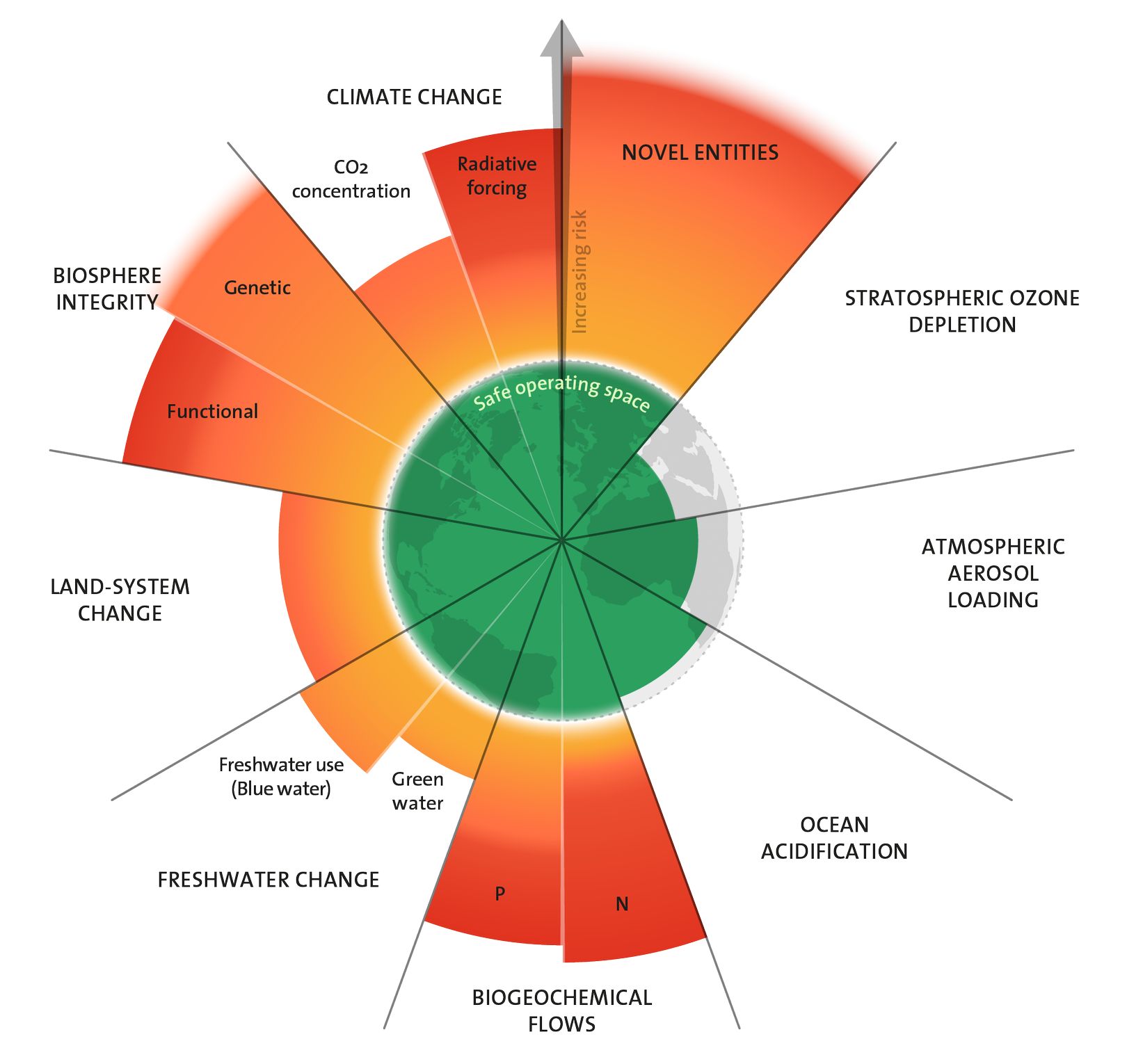Sign up for daily news updates from CleanTechnica on email. Or follow us on Google News!
As if the fear of rampaging gunmen or fights to ban books about people of color, LGBTQ+ families, or basic human functions aren’t enough of a distraction for U.S. children as they return to schools this fall, climate deniers are ramping up efforts to push climate disinformation into classrooms.
Across the country, states and school districts are passing policies that purport to teach “both sides” of an issue, promoting textbooks and other materials that include discredited or misleading information.
In Ohio, state legislators are considering a bill that would force schools to teach climate denial alongside established climate science, while in Texas, the state education board has attempted to ban teaching about the need to reduce greenhouse gasses while painting fossil fuels in a positive light.
Meanwhile, animated videos from PragerU targeting pre-kindergarten children (and funded by fracking billionaires) have been approved for classroom use in Florida and most recently, Oklahoma.
Fortunately, some initiatives to force children to learn discredited science have failed in Montana, North Carolina, and Utah. In Indiana, new standards have strengthened climate science curricula.
“Climate change education is part and parcel of the ongoing culture wars,” Glenn Branch, deputy director of the National Center for Science Education, told E&E. “The arc is bending toward more and better climate change education nationally, and that’s going to be uneven, and incremental and scattered, but that’s the trendline.”
(E&E $)
Republished from Nexus Media News.
Related Story:
Humans push Earth into critical condition

Licensed under CC BY-NC-ND 3.0. Credit: “Azote for Stockholm Resilience Centre, based on analysis in Richardson et al 2023”. Climate Scientists Report On The Status Of A Broken Planet
Human-driven activities have pushed Earth into the “danger zone” for planetary health, according to research that seeks to understand how far people can stress the limits of the world’s ability to handle anthropogenic impacts without disastrous results.
Fourteen years after establishing nine “planetary boundaries” – defined as “processes that are critical for maintaining the stability and resilience of Earth system as a whole” – researchers say humanity has pushed six of those nine systems past safe limits.
Those systems include: biodiversity, climate change, land and freshwater impacts, biogeochemical cycles, and synthetic chemicals and substances like microplastics; a seventh, ocean acidification, is nearing its boundary. Conversely, the ozone layer – which was in crisis in the 1990s – is now on track to completely recover after concerted global cooperation resulted in the Montreal Protocol, banning ozone-depleting substances.
“We don’t know that we can thrive under major, dramatic alterations of our conditions,” lead author Katherine Richardson of the University of Copenhagen told a news conference Wednesday. “We can think of Earth as a human body, and the planetary boundaries as blood pressure. Over 120/80 does not indicate a certain heart attack but it does raise the risk.”
(AP, The Guardian, Reuters, Bloomberg $, CNN, Scientific American, Salon. Study: ScienceAdvances)
Republished from Nexus Media News.
Featured Photo by note thanun on Unsplash
Have a tip for CleanTechnica? Want to advertise? Want to suggest a guest for our CleanTech Talk podcast? Contact us here.
EV Obsession Daily!
I don’t like paywalls. You don’t like paywalls. Who likes paywalls? Here at CleanTechnica, we implemented a limited paywall for a while, but it always felt wrong — and it was always tough to decide what we should put behind there. In theory, your most exclusive and best content goes behind a paywall. But then fewer people read it!! So, we’ve decided to completely nix paywalls here at CleanTechnica. But…
Thank you!
Tesla Sales in 2023, 2024, and 2030
CleanTechnica uses affiliate links. See our policy here.




